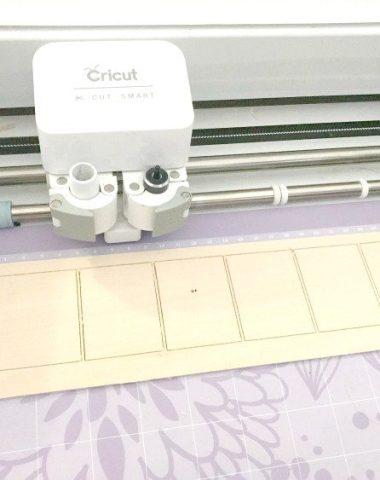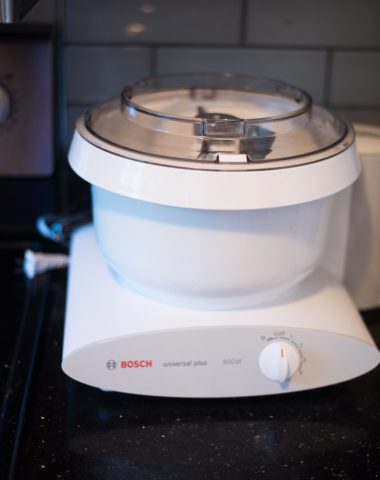
DIY and Crafts
Find the best Cricut tutorials, Glowforge resources, and simple craft and DIY ideas. We aim to create thorough guides and tutorials for all skill levels!
Food and Recipes
Family friendly recipes are our specialty! Browse our delicious Instant Pot recipes, casseroles, desserts, and more to help make your meal time a little simpler.
Family Living
Explore our homemaking tips, organizational ideas, travel inspiration, gardening, and holidays ideas for every occasion.
Welcome toClarks Condensed
Clarks Condensed is the homemaking hub for modern day homemakers. From Cricut and Glowforge guides to recipes to how to get the most out of the Dollar Tree, we have everything you need to make your house a home.
Meet The Clarks
FREE CRICUT PROJECT PLANNER
Signup for our FREE Cricut Project Planner - over 100 project ideas and project planning printables!
Latest From Clarks Condensed
Trending Favorites
DIY AND CRAFTS – Cricut & Glowforge


How to Cut Wood with Cricut Explore and Cricut Maker






